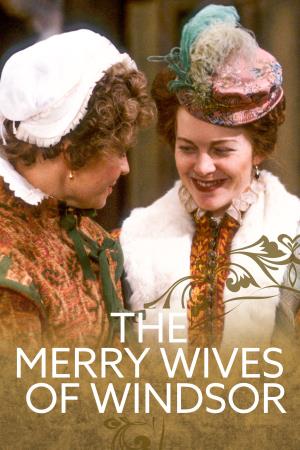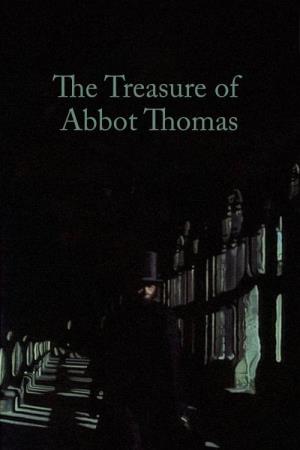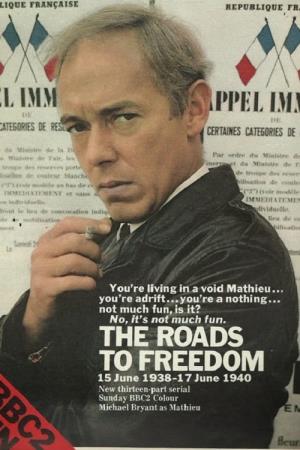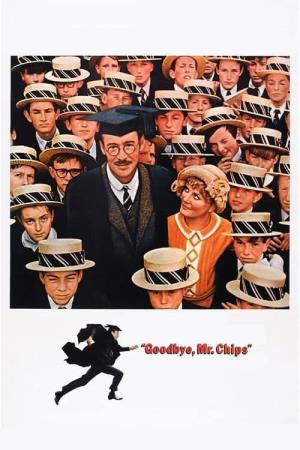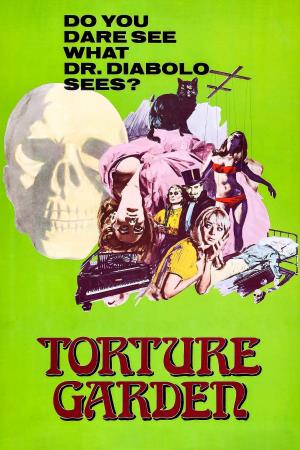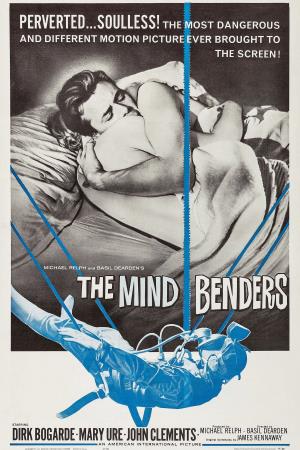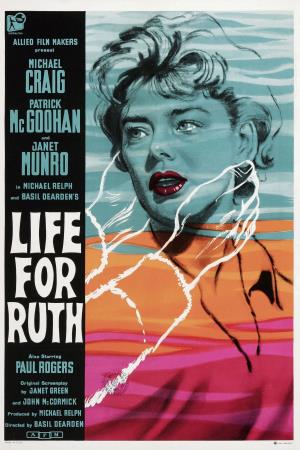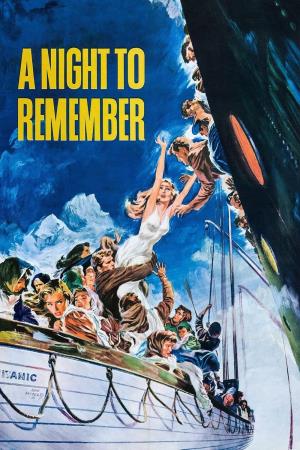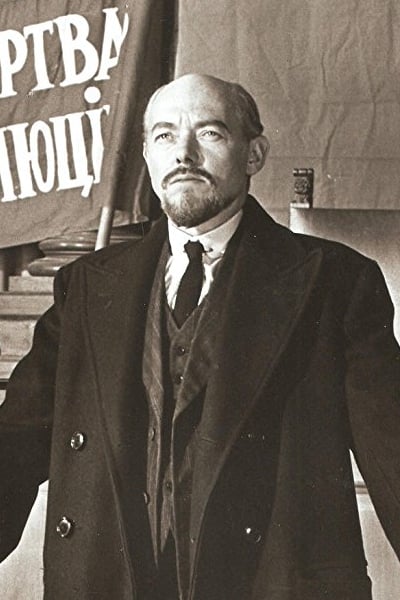
From Wikipedia, the free encyclopedia.
Michael Dennis Bryant (5 April 1928 – 25 April 2002) was a British stage and television actor.
Bryant attended Battersea Grammar School and after service in the Merchant Navy and Army, he attended drama school and appeared in many productions on the London stage. He made his film debut in 1955. His greatest role was Mathieu in BBC2's 1970 adaptation of Jean-Paul Sartre's Roads to Freedom trilogy. His guest star appearance as Wing Commander Marsh, who feig
Gender: Male
Born On: 5-Apr-1928
Last Info Sync: 9/13/2018 12:03:00 PM
Michael Bryant's Filmography on TV
List of programs starring Michael Bryant on tv. Programs are sorted in order of last seen on tv. Last updated: May 14, 2025 8:58 PM
Le allegre comari di Windsor (1982)
When Sir John Falstaff decides that he wants to have a little fun he writes two letters to a pair of Window wives: Mistress Ford and Mistress Page. When they put their heads together and compare missives, they plan a practical joke or two to teach the knight a lesson. But Mistress Ford's husband is a very jealous man and is pumping Falstaff for information of the affair. Meanwhile the Pages' daughter Anne is beseiged by suitors.
Gandhi (1982)
In the early years of the 20th century, Mohandas K. Gandhi, a British-trained lawyer, forsakes all worldly possessions to take up the cause of Indian independence. Faced with armed resistance from the British government, Gandhi adopts a policy of 'passive resistance', endeavouring to win freedom for his people without resorting to bloodshed.
The Treasure of Abbot Thomas (1974)
Pride comes before a fall in John Bowen' adaptation of MR James' tale of a treasure hunt with a sticky end. Michael Bryant plays The Reverend Somerton whose self-assured intellectual arrogance masks a naked greed.
The Roads to Freedom (1970)
Taboo-busting adaptation for television of Jean-Paul Sartre's trilogy.
Genres
#DramaGoodbye, Mr. Chips (1969)
Academy Award-honoree Peter O'Toole stars in this musical classic about a prim English schoolmaster who learns to show his compassion through the help of an outgoing showgirl. O'Toole, who received his fourth Oscar-nomination for this performance, is joined by '60s pop star Petula Clark and fellow Oscar-nominee Michael Redgrave.
Torture Garden (1967)
Five people visit a fairground sideshow run by the sinister Dr. Diabolo. Having shown them a handful of haunted-house-style attractions, he promises them a genuinely scary experience if they will pay extra.
Genres
#HorrorThe Mind Benders (1963)
A British scientist is discovered to have been passing information to the Communists, then kills himself. Another scientist decides that they might have brainwashed him by a sensory deprivation technique, but he doesn’t know if someone really can be convinced to act against their strongest feelings. So he agrees to be the subject in an experiment in which others will try to make him stop loving his wife.
Life For Ruth (1962)
John Harris finds himself ostracized and placed on trial for allowing his daughter Ruth to die. His religious beliefs forbade him to give consent for a blood transfusion that would have saved her life. Doctor Brown is determined to seek justice for what he sees as the needless death of a young girl.
Genres
#DramaA Night to Remember (1958)
The sinking of the Titanic is presented in a highly realistic fashion in this tense British drama. The disaster is portrayed largely from the perspective of the ocean liner's second officer, Charles Lightoller. Despite numerous warnings about ice, the ship sails on, with Capt. Edward John Smith keeping it going at a steady clip. When the doomed vessel finally hits an iceberg, the crew and passengers discover that they lack enough lifeboats, and tragedy follows.
